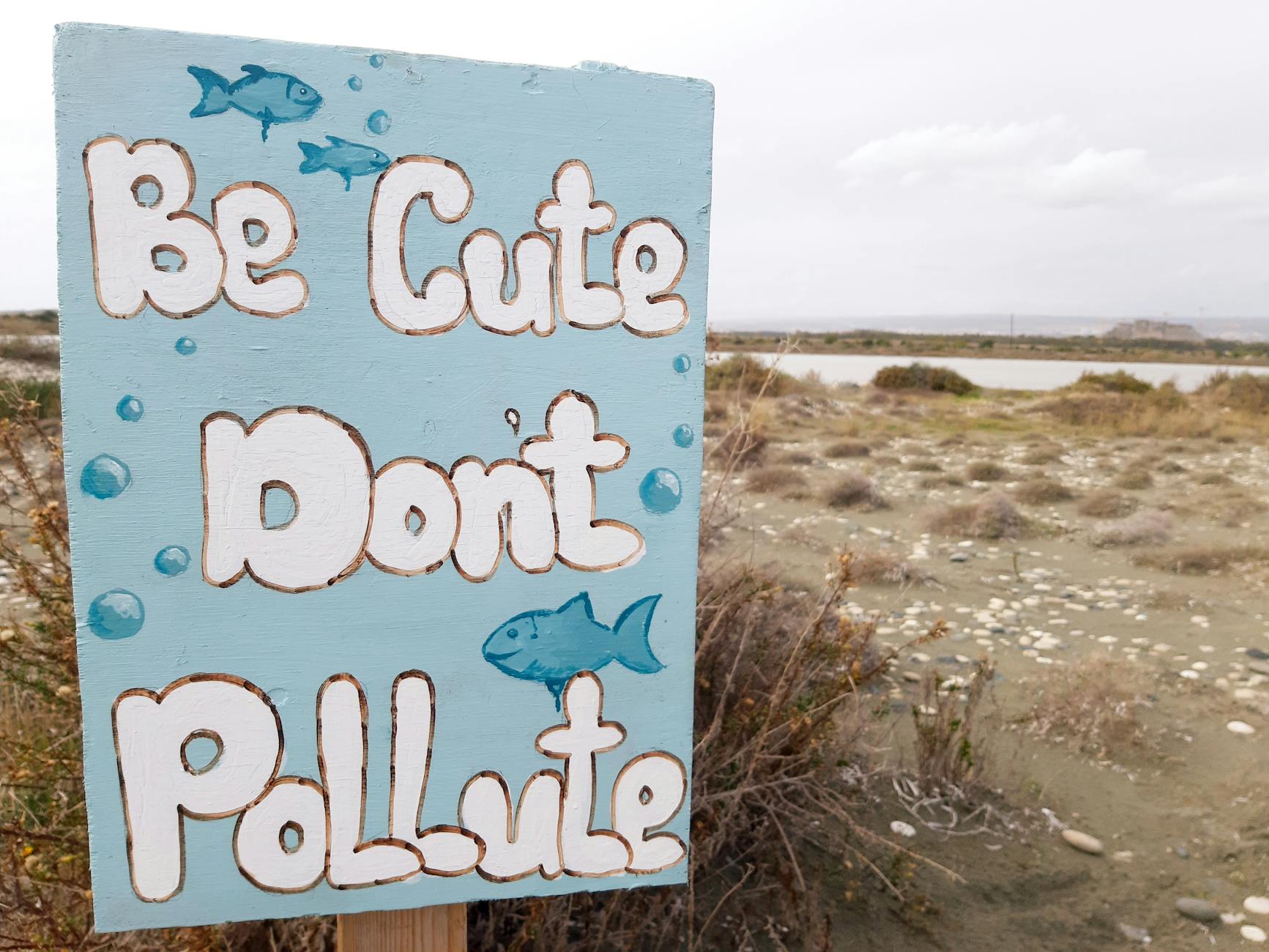With the escalating pressure of the climate crisis and the growing need for nurturing environmental awareness, our societies are pushing boundaries and venturing into non-traditional methods to foster sustainable practices. One such provocative paradigm is the connection between the usage of psychedelics and the emergence of ecological consciousness.
Psychedelics, long associated with countercultural movements and spiritual exploration, are now being reconsidered for their role in producing earth-centered spirituality. These substances can spark visionary experiences that often spawn a sense of interconnectivity with the natural world and subsequently, an intensified desire for conservation.
The concept of eco-psychology, which focuses on the symbiotic relationship between human mental health and the health of our planet, suggests that reconnecting with nature can provide therapeutic benefits. It further posits that individuals who feel interconnected with nature are likely to commit to adopting sustainable behaviors. Psychedelics can kindle this nature connection, thus aiding in promoting environmental action.
Historically, many indigenous cultures utilized psychedelic substances as a means to unite with the natural world, establish earth-centered spirituality, and stride towards ecological balance. Modern empirical studies, such as those at Johns Hopkins University, corroborate these indigenous practices by supporting the notion that psychedelics can indeed provoke a deepened relationship with the environment. This alteration in perspective can further incite psychedelic-inspired activism and prompt individuals to take measures for environmental preservation.
Anecdotal accounts describe the psychedelic experience as a vision of ecological unity, where the self is seamlessly integrated with all life-forms. This can be a revelation for many, leading to a heightened awareness of our intricate relationship with the environment. A study in the Journal of Geographies highlighted that people who reported using psychedelics were more likely to engage in pro-environmental behaviors.
However, it must be stated that it’s not purely the substances that are mapping the way towards a sustainable future. The set (the expectation and mental state of the user) and the setting (the physical and social environment) in which the substances are ingested plays a crucial role on the impact of these visionary experiences. Hence, it is of utmost importance to approach this method responsibly, mindfully and respectfully.
Psychedelics alone can’t solve the climate crisis. Their potential lies in their ability to shift our perspective, shifting from an anthropocentric worldview to one of eco-centrism. They can act as catalysts in moving individuals towards eco-awareness, thereby strengthening actions aimed at conservation and sustainable practices. It’s not about universal psychedelic use, but about more individuals undergoing these deeply transformative experiences, leading to a collective shift in consciousness.
Prominent voices within the environmental and psychedelic communities have begun promoting the potential for psychedelics to foster bonds with the natural world. Many see this as a vital step toward an integrated, sustainable future. These voices include Dr. Sam Gandy, an environmental scientist who has published research on the ecological consciousness that psychedelics can induce, and organizations like the Multidisciplinary Association for Psychedelic Studies (MAPS).
In conclusion, the profound intersection between psychedelics and ecological consciousness isn’t purely a hippie aspiration. While it is a complex and nuanced issue and psychedelics may not be a silver bullet for climate action, considering its potential in fostering a sense of connectivity with the natural world is significant. With societal perspectives altering and further empirical research being conducted, psychedelics could well have a role in combatting ecological apathy and fostering a deeper environmental awareness, ultimately contributing to creating a more sustainable future.




